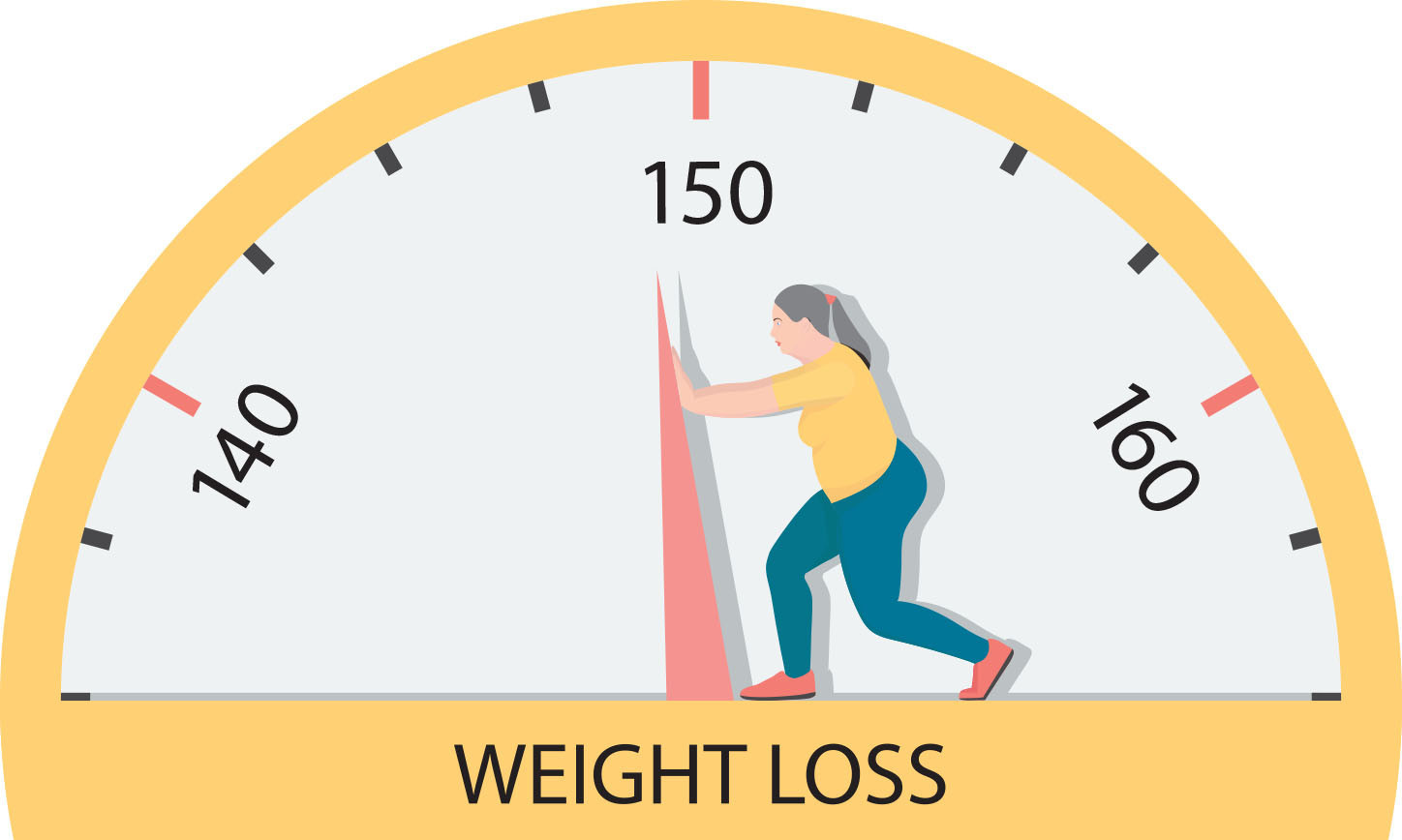
Counting steps is good — is combining steps and heart rate better?

Appendix pain: Could it be appendicitis?

Can saw palmetto treat an enlarged prostate?

How does Ozempic work? Understanding GLP-1s for diabetes, weight loss, and beyond

Zinc: What it does for the body, and the best food sources

Respiratory health harms often follow flooding: Taking these steps can help

Tips to leverage neuroplasticity to maintain cognitive fitness as you age

Can white noise really help you sleep better?

Celiac disease: Exploring four myths

What is prostatitis and how is it treated?
Medications Archive
Articles
What is labile hypertension?
Ask the doctor
Image: © LordHenriVoton/Getty Images
Q. I have high blood pressure and have been checking my blood pressure more often since my doctor added another drug. But lately, my readings have been all over the place. For example, one morning it was 127/70, but then it was 170/100 in the late afternoon. What's going on?
A. You may have a condition known as labile hypertension, which refers to blood pressure that fluctuates far more than usual. Everyone's blood pressure rises and falls many times during the course of a single day, sometimes even within minutes. Many factors contribute to these changes, including physical activity, emotion, body position, diet (especially salt and alcohol intake), and sleep deprivation. However, there is no clear definition or standard criteria to distinguish between normal and abnormal fluctuations.
Defend yourself from diverticulitis
Adequate fiber can protect against this painful colon condition.
Image: Shidlovski/Getty Images
About half of Americans ages 60 to 80 have diverticulosis, a condition in which pea-sized pouches, called diverticula, bulge outward from the colon. After age 80, almost everyone has it.
Most of the time the pouches don't cause any problems, but if the diverticula become inflamed or infected, the result is diverticulitis, which produces symptoms like fever, nausea, vomiting, and pain or tenderness in the lower abdomen. It's unclear why this happens, but it's generally thought that the pouches become infected after stool or bacteria get caught in them.
Treating heart attacks: Changes from Eisenhower’s era to the present day
In the 1950s, doctors offered mainly morphine and bed rest — a far cry from the many procedures and medications provided today.
During a round of golf one autumn afternoon in 1955, President Dwight Eisenhower experienced what he assumed was indigestion. After he awoke at 2 a.m. the following morning with severe chest pain, his personal physician administered several shots of morphine. It wasn't until 1 p.m. that afternoon that an electrocardiogram revealed that the president had experienced a heart attack.
Cardiologist Dr. Thomas Lee, professor of medicine at Harvard Medical School, detailed Eisenhower's experience in the Oct. 29, 2020, issue of The New England Journal of Medicine. His piece focuses mainly on how Eisenhower's cardiologist, Paul Dudley White, communicated the event to the public. As Dr. Lee wrote, "Heart attacks became less mysterious and frightening to millions of Americans that day."
Can taking aspirin regularly help prevent breast cancer?
Experts say there's little evidence that low-dose aspirin therapy brings benefits, and there are some risks.
In recent years, there's been a lot of talk about the potential benefits, and risks, of a regular regimen of low-dose aspirin. While much of the discussion has centered on whether taking low-dose aspirin can head off cardiovascular disease, some of the focus has also been on breast cancer. Can regular doses of this over-the-counter pain reliever reduce your risk of this common cancer?
For a while there were hints that the evidence was leaning that way. Back in 2017, this area of research, while still inconclusive, was somewhat promising. For example, a 2017 study published in Breast Cancer Research found that among some 57,000 women, those who reported taking low-dose aspirin (81 mg) at least three times a week had a 16% lower risk of breast cancer over all and a 20% lower risk of a specific type of hormonally driven breast cancer.
Don’t delay cancer treatment during the pandemic
News briefs
The pandemic may have you feeling reluctant to seek medical treatment. But when it comes to cancer care, even a short delay in treatment may lead to deadly outcomes, according to a review of 34 studies published online Nov. 4, 2020, by BMJ. Researchers evaluated treatment delay and survival in more than a million people who had cancer of the bladder, breast, colon, rectum, lung, cervix, or head and neck. Each four-week delay in treatment — whether surgery, radiation therapy, or medication (such as chemotherapy or immunotherapy) — was associated with an increase of 6% to 8% in the likelihood of dying during the study period. Scientists say delays of up to eight weeks and 12 weeks further increased the risk of death. For example, in women who delayed breast cancer surgery by eight weeks, there was a 17% increased death risk; women who delayed surgery by 12 weeks had a 26% increase. Keep in mind, there are lots of unavoidable reasons why cancer treatment might be delayed, such as not being strong enough to undergo procedures or scheduling issues at a treatment center. But if there isn't a good reason to delay, it's best to get treatment as soon as possible.
Image: FG Trade/Getty Images
Novel diabetes drug may help people with heart failure, kidney disease
Research we're watching
A unique diabetes drug shows heart-related benefits in people with diabetes who also have recently worsening heart failure or kidney disease, according to two new studies.
The drug, sotagliflozin (Zynquista), belongs to a class of drugs called SGLT2 inhibitors, which cause the kidneys to release more sugar into the urine. The drug is also an SGLT1 inhibitor, meaning it decreases sugar absorption in the intestines. This dual action lowers high blood sugar, the hallmark of diabetes. In people with kidney disease, sotagliflozin lowered the total number of deaths from cardiovascular disease and hospitalizations and urgent visits for heart failure by about 26% compared with a placebo. In a second study, which included people with recently worsening heart failure, those taking the drug had a 33% decrease in those same heart-related measures compared with a placebo.
Will these surprising factors really raise your blood sugar?
Learn what will and won't increase blood sugar levels and put your health in jeopardy.
It's essential to keep your blood sugar from spiking (rising suddenly), whether you're healthy or you're among the 122 million Americans who have diabetes or prediabetes. But with all the conflicting advice in circulation, it can be hard to figure out what foods and habits you need to avoid.
Bogus claims
On the Internet you'll find many reports of factors that purportedly increase blood sugar. Here are a few claims that you should know about because they just don't hold up.
Statin side effect could be due to the "nocebo" effect
In the journals
People who are worried about statins because of possible side effects may experience what's called the "nocebo effect" when they try taking the drugs. This is the opposite of the placebo effect; with the nocebo effect, people who have negative expectations about medicine or a treatment experience harmful symptoms they otherwise wouldn't have.
Researchers recruited 60 people, average age 66, who had previously stopped statins after two weeks because of side effects. For one month each, they took 20 milligrams of atorvastatin (Lipitor), a placebo, or no pill. They then continued this monthly rotation for a year without knowing which pill was which.
CBD and other medications: Proceed with caution
Tips to keep lost weight off in the New Year
Work with your body, not against it, for long-term weight maintenance.
For many people, their New Year's resolutions include some sort of weight-loss goal. However, while extra pounds often come off, evidence shows they rarely stay off. Among overweight or obese people who are able to lose 10% of their body weight, just one in six is able to maintain the weight loss for at least a year.
Experts say it's not surprising that weight loss rarely sticks, considering what they now know about how the body works. "Most people believe that obesity is caused by overeating, while we now recognize that the main driver of obesity is one or more disruptions in the body's normal regulation of the amount of fat we maintain," says Dr. Lee Kaplan, an associate professor of medicine at Harvard Medical School and director of the Obesity, Metabolism, and Nutrition Institute at Massachusetts General Hospital.

Counting steps is good — is combining steps and heart rate better?

Appendix pain: Could it be appendicitis?

Can saw palmetto treat an enlarged prostate?

How does Ozempic work? Understanding GLP-1s for diabetes, weight loss, and beyond

Zinc: What it does for the body, and the best food sources

Respiratory health harms often follow flooding: Taking these steps can help

Tips to leverage neuroplasticity to maintain cognitive fitness as you age

Can white noise really help you sleep better?

Celiac disease: Exploring four myths

What is prostatitis and how is it treated?
Free Healthbeat Signup
Get the latest in health news delivered to your inbox!
Sign Up











